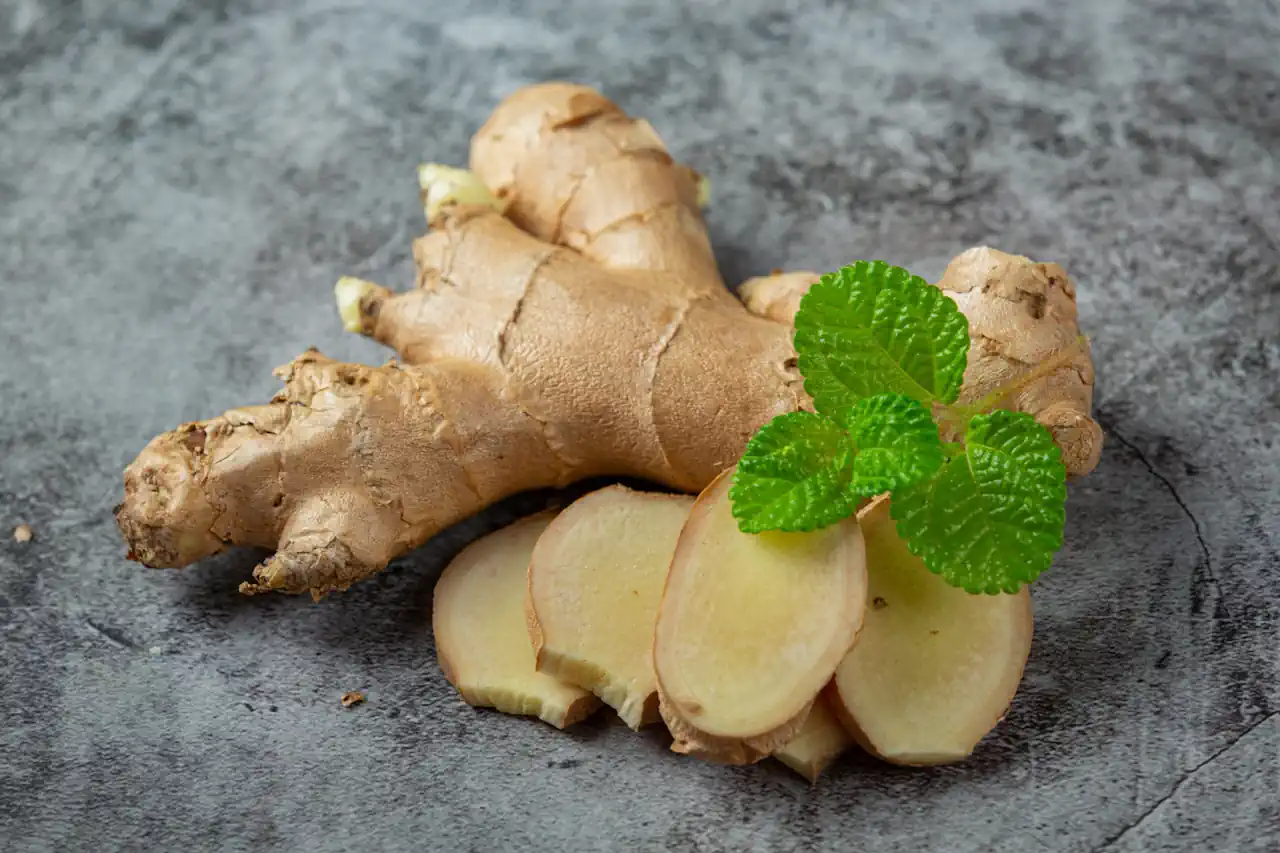As the cold season approaches, our bodies become more susceptible to various illnesses due to the fluctuating temperatures and increased indoor activities. The key to staying healthy during this time lies in strengthening our immune system. While proper nutrition and hygiene play essential roles, the use of herbs and plants with immune-boosting properties can be a valuable addition to our defense mechanisms. This article explores a selection of herbs and plants that have been traditionally recognized for their ability to bolster immunity during the cold season.
1. Echinacea (Echinacea purpurea)
Echinacea is a flowering plant native to North America and has a rich history of use in traditional Native American medicine. It’s known for its potential to boost immune function by increasing the activity of immune cells such as phagocytes and lymphocytes. The plant contains bioactive compounds, including alkamides and echinacosides, which are believed to stimulate the production of cytokines that help regulate immune responses. Echinacea is available in various forms, including capsules, extracts, and teas. Some studies suggest that consistent use of echinacea supplements before and during the cold season may help reduce the likelihood of developing upper respiratory tract infections.
2. Elderberry (Sambucus nigra)
Elderberry has a long history of medicinal use and is known for its antiviral and immune-boosting properties. The dark purple berries are rich in flavonoids and anthocyanins, which possess strong antioxidant effects. These compounds contribute to the fruit’s potential to reduce oxidative stress and inflammation in the body. Elderberry is thought to inhibit viral replication by preventing viruses from entering host cells. Consuming elderberry extract or syrup may help alleviate symptoms of cold and flu, such as fever, congestion, and body aches.
3. Garlic (Allium sativum)
Garlic has been recognized for its therapeutic benefits for centuries. Allicin, one of its main active compounds, is released when garlic is crushed or chopped. Allicin is credited with various health-promoting effects, including antimicrobial, antiviral, and immune-modulating properties. Studies suggest that allicin enhances the activity of natural killer cells and macrophages, which are crucial for targeting and destroying pathogens. Incorporating garlic into your daily meals, either raw or cooked, can provide you with its immune-boosting benefits.
4. Astragalus (Astragalus membranaceus)
Astragalus is a staple in traditional Chinese medicine and is often referred to as an adaptogen. Adaptogens are substances that help the body manage stress and maintain equilibrium. Astragalus contains polysaccharides that are believed to enhance immune function by stimulating the production of white blood cells, which play a pivotal role in immune responses. It’s also thought to promote the activity of T-cells, which are responsible for recognizing and eliminating pathogens. Consuming astragalus as a tea or incorporating its root into soups can provide support to the immune system.
5. Turmeric (Curcuma longa)
Turmeric contains curcumin, a polyphenol with potent anti-inflammatory and antioxidant properties. Curcumin’s effects on the immune system stem from its ability to modulate various signaling pathways involved in immune responses. It’s known to inhibit the activation of inflammatory molecules and promote the activity of immune cells such as T-cells and B-cells. Curcumin’s potential to regulate immune function and reduce chronic inflammation can contribute to improved immune health. Adding turmeric to dishes, consuming golden milk (a turmeric-based beverage), or taking curcumin supplements can aid in reaping its benefits.
6. Ginger (Zingiber officinale)
Ginger’s warming and soothing properties have made it a traditional remedy for various ailments, including cold and flu symptoms. Ginger contains gingerol, which exhibits anti-inflammatory and antioxidant effects. Gingerol is believed to support the immune system by suppressing inflammatory pathways and promoting the activity of immune cells. Ginger can also help relieve symptoms such as sore throat, cough, and congestion due to its potential to thin mucus and ease breathing. Drinking ginger tea, adding fresh ginger to meals, or using ginger supplements can contribute to enhanced immune function during the cold season.
Embracing the power of nature’s immune-boosting remedies can offer a holistic approach to maintaining health during the cold season. Echinacea, elderberry, garlic, astragalus, turmeric, and ginger provide diverse mechanisms to support the immune system, ranging from stimulating immune cell activity to reducing inflammation. It’s essential to remember that while these herbs and plants can be valuable additions to your wellness routine, they work best when combined with a well-balanced diet, regular physical activity, sufficient sleep, and proper hygiene practices. Prior to making significant changes to your regimen, consulting a healthcare professional is recommended to ensure that these remedies align with your individual health needs. By incorporating these natural allies, you can aim for robust immunity and well-being throughout the colder months and beyond.

